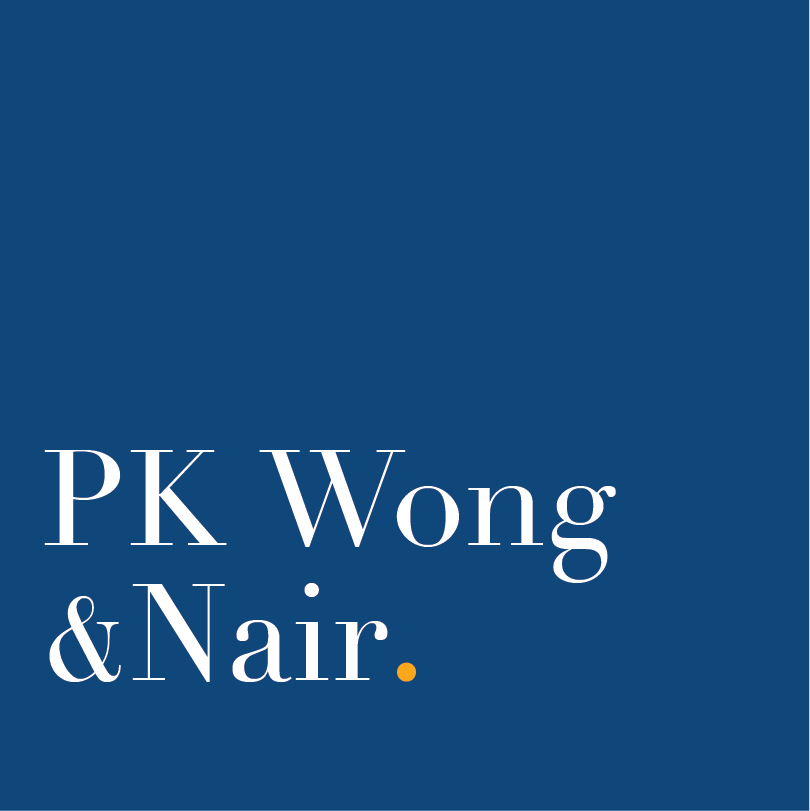The Ministry of Law announced on 1 April 2020 that it intends to introduce the COVID-19 (Temporary Measures) Bill (the “Bill”) in Parliament in the week of 6 April 2020 to offer temporary relief to businesses and individuals who might find themselves unable to fulfil their contractual obligations because of COVID-19.
Among the measures proposed in the Bill are very significant but temporary changes to insolvency thresholds and the laws relating to insolvent trading. These changes will be in place for a “prescribed period” which, it is envisaged, would in the first instance be 6 months from the date of the passing of the legislation (the “Act”), although that period may be shortened or extended by the Minister by order in the Gazette.
Insolvency Thresholds
The insolvency thresholds for bankruptcy and winding up applications during the prescribed period will be as follows:
(1) in respect of individuals:
(a) the monetary threshold for bankruptcy applications will be increased from $15,000 to $60,000 for all bankruptcy applications filed after the commencement of the Act and during the prescribed period; and
(b) the time period to satisfy a Statutory Demand issued during the prescribed period (by payment or providing security) will be increased from 21 days to 6 months.
(2) in respect of companies:
(a) the monetary threshold for bankruptcy applications will be increased from S$10,000 to S$100,000 after the commencement of the Act and during the prescribed period; and
(b) the time period to satisfy a Statutory Demand will be increased from 3 weeks to 6 months.
As a result of the amendments, during the prescribed period, a bankruptcy application may only be brought in respect of debts of at least $60,000. As for companies, it would only be possible to bring a winding up application during the prescribed period for debts in excess of $100,000. If the application is made on the basis of an unsatisfied Statutory Demand, then the relevant time period may differ according to when the Statutory Demand was served, as explained below.
Statutory Demands
The Bill appears to draw a distinction between the treatment of Statutory Demands issued in bankruptcy proceedings on the one hand and winding up proceedings on the other, in that the Bill is to effectively have retrospective effect in respect of the latter but not in respect of the former.
Where a Statutory Demand is served on an individual after the commencement of the Act and during the prescribed period, the debt would have to be for at least $60,000 and would have to remain unsatisfied for at least 6 months after the Statutory Demand is served.
The Bill does not however have retrospective effect in relation to Statutory Demands served under the Bankruptcy Act (Cap. 20). This means that where the Statutory Demand was served prior to the commencement of the Act, the creditor would still be within his rights to bring a bankruptcy application on the basis of a Statutory Demand that goes unsatisfied for a period of 21 days, although the Statutory Demand must have been in respect of a debt of at least $60,000.
In respect of companies, however, the position appears to be different. Where a winding up application is brought on the basis of an unsatisfied Statutory Demand under s 254(2)(a) of the Companies Act (Cap. 50), it may be brought during the prescribed period only in respect of debts exceeding $100,000, and where the Statutory Demand has remained unsatisfied for at least 6 months.
There is no “saving” in the Bill for Statutory Demands issued to companies prior to the commencement of the Act. Hence, whereas in personal bankruptcies a Statutory Demand issued prior to the commencement of the Act would be “actionable” after 21 days notwithstanding the provisions in the Act requiring a 6 month notice period, in corporate insolvencies a Statutory Demand would have to comply with the 6-month time period prescribed in the Act even if it was issued prior to its commencement.
The practical effect of this is as follows: an unsatisfied Statutory Demand issued against an individual say on 1 April 2020 would be effective to ground a bankruptcy application if the debt was at least $60,000 and it remained unpaid for 21 days.
However, a Statutory Demand issued against a company on the same day (i.e. 1 April 2020) would be insufficient to ground a winding up application during the prescribed period unless the debt exceeded $100,000 and it remained unsatisfied for 6 months.
Suspension of Insolvent Trading Rules
The Bill also contains provisions effectively suspending insolvent trading rules during the prescribed period.
Under the Bill, individuals and officers of companies are to be temporarily relieved from their obligation to avoid and/or prevent incurring any debt or trading while insolvent if the debts are incurred in the business’/ company’s ordinary course of business during the prescribed period and before the filing of an application for voluntary arrangement or bankruptcy in respect of a bankrupt, or the appointment of a judicial manager or liquidator in the case of a company.
With this change, Singapore has joined a host of other jurisdictions which have suspended their wrongful or insolvent trading laws during this period. It is envisaged that the change will stave off mass insolvencies arising from fear of liability under s 144 of the Bankruptcy Act and s 339(3) of the Companies Act due to uncertainty over the future “going concern” status of businesses.
Conclusion
With effect from the commencement of the Act, bankruptcy applications may only be filed for debts of $60,000 or more. If the application is brought on the basis of an unsatisfied Statutory Demand, then the Statutory Demand must have remained unsatisfied for 6 months before the application is brought, unless the Statutory Demand was served prior to the commencement of the Act. If the Statutory Demand was served prior to the commencement of the Act, then it is sufficient if the Statutory Demand remained unsatisfied for only 21 days.
For corporate insolvencies, a winding up application may only be brought if the debt is in excess of $100,000, and if the demand has remained unsatisfied for 6 months or more. This is so even if the Statutory Demand was served prior to the commencement of the Act. To this extent, the Bill appears to have retrospective effect.
The insolvent trading provisions at s 144 of the Bankruptcy Act and s 339(3) of the Companies Act are effectively suspended during the prescribed period in that a bankrupt / an officer of a company will not be treated as having no reasonable ground of expectation of the business / company being able to repay a debt so long as the debt was incurred in the ordinary course of business, during the prescribed period and before the making of an application for voluntary arrangement or bankruptcy in the case of a bankrupt or the appointment of a judicial manager or liquidator in the case of a company.
The Bill is welcome relief in these uncertain times, although it is to be hoped that the Bill’s retrospective effect in relation to corporate Statutory Demands would be extended in the Parliamentary process to personal bankruptcies as well.
For more information, feel free to contact our Suresh Nair or Nicole Foo.
“The information provided in this page is for general informational purposes only and is not intended to constitute legal advice. We do not warrant its accuracy or completeness or accept any liability for any loss or damage arising from any reliance thereon. While we strive to provide accurate and up-to-date information, the legal landscape is constantly evolving, and the details of any given case may change over time.”

